Best Practices Articles

How To Select a PRM Software Vendor
Many organizations selling through the channel today are trying to determine how best to automate their partner relationship management (PRM) process. In order to do so, quite a few are getting online and searching on Google and other search engines for “PRM software.” When you do so, multiple vendors pop up. How do you distinguish among them? And how do you select a PRM software vendor that can satisfy your needs? In this article, we will explore in an objective way five key capabilities that PRM vendors must provide in order to meet the needs of most organizations.
- Flexibility, localization and scalability. When you think carefully about PRM software and what it is supposed to do, you realize the main purpose of PRM software is to truly automate the PRM process end-to-end. True PRM automation would not only bring a structured approach to partner recruitment, partner engagement, partner enablement and partner management, but it would also offer visibility and scalability on a global level. A company that automates PRM processes should be able to deploy a common set of programs globally and execute them locally in each country using local languages. An organization that’s selling through the channel needs to be able to meet the unique requirements of each country where it operates. While much of the time partner programs are consistent across all countries, it’s important to remember there is a degree of variability among different geographies. Therefore, any organization selling through the channel on a global scale needs to be certain its PRM vendor can complete flexibility, localization and scalability across multiple markets.
- Modularity. Most organizations selling through the channel today have some level of existing infrastructure in place. Very rarely would a company find it desirable or practical to rip and replace everything they have in place. As a result, the PRM software vendor must be able to provide a modular architecture whereby an organization can pick and choose which PRM software modules they want to deploy, and decide which they will configure first and then successively turn on. Modularity is key for a PRM software vendor.
- Partner marketing management capabilities. While most PRM software vendors provide some sort of functionality for partner records management, business planning, contract management, training management and incentives management, almost none — except ZINFI — provides full integration of partner management capabilities. Why is this important? Once you manage “market to” activities, such as partner recruitment and partner engagement, which are focused primarily on training, and partner management, which is organized around partner incentives, you eventually need to turn your focus to enable partners to drive leads and build pipelines on their own. Partner marketing management is a natural extension of PRM that completes the partner relationship management framework. Therefore, a PRM software vendor must be able either to successfully integrate with an existing partner marketing tool or provide additional feature sets with incremental cost to turn on multi-partner demand generation capabilities.
- Multi-tenant architecture. While most PRM software vendors provide a basic framework for multiple PRM modules and partner records management, very few provide a complete, CRM-like capability which allows not only the channel management folks from the organization—e.g., a channel account manager or a business manager—to manage the partners, but also provides a structure that can be deployed on the partner side—by, for example, a partner marketing manager or a partner sales rep—opening up access to the information in a seamless way within the PRM software software. Almost no vendors today provide this specific capability. A company can spend millions of dollars configuring their CRM infrastructure to do this, but a state-of-art PRM software vendor like ZINFI can provide this capability right out of the box.
- Dynamic reporting engine. While automation is the core objective of a PRM software platform, it must also provide a dynamic analytical engine that allows the organization to clearly understand and continuously monitor where investments are being made, which partners are productive, what programs are working, what activities have been completed, and what projects are coming up and moving forward. Without a comprehensive analytical dashboard and a reporting engine, a PRM software platform will never realize its full potential. That’s why it’s absolutely essential that, when an organization seeks a PRM software vendor, it must ensure the reporting engine is robust and dynamic, and able to produce custom reports on the fly.
The channel is an incredible asset. Companies that are selling indirectly to businesses or consumers need to ensure they have complete visibility into their partner’s productivity across the entire partner lifecycle they are trying to manage. PRM is managed via four critical steps—partner recruitment, partner engagement, partner enablement and partner management— but without an end-to-end, integrated and modular PRM software platform, no organization can successfully harness the power of their channel. Organizations that wish to automate their PRM process should look for the five capabilities mentioned above. In addition, they should make sure the PRM software vendor they choose is global in its reach, can demonstrate robust financials, has deployed similar-scenario systems with multiple existing clients and can dynamically adapt and configure the platform to address a specific set of needs.
Best Practices Guides
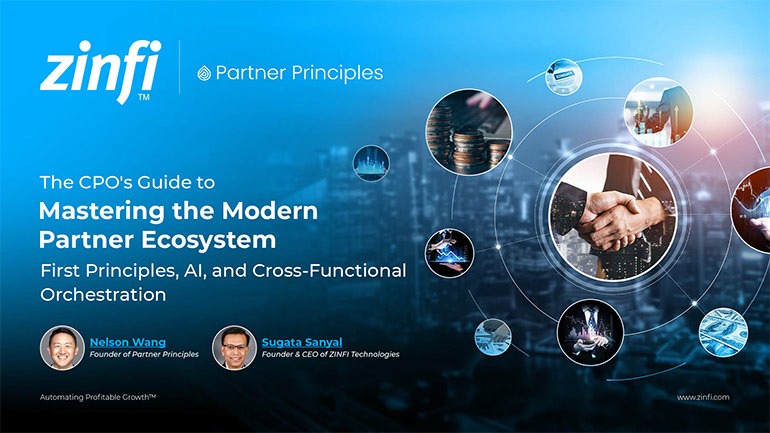 First Principles Drive Modern Partner Ecosystem Success Best Practices
First Principles Drive Modern Partner Ecosystem Success Best PracticesDownload for FREE
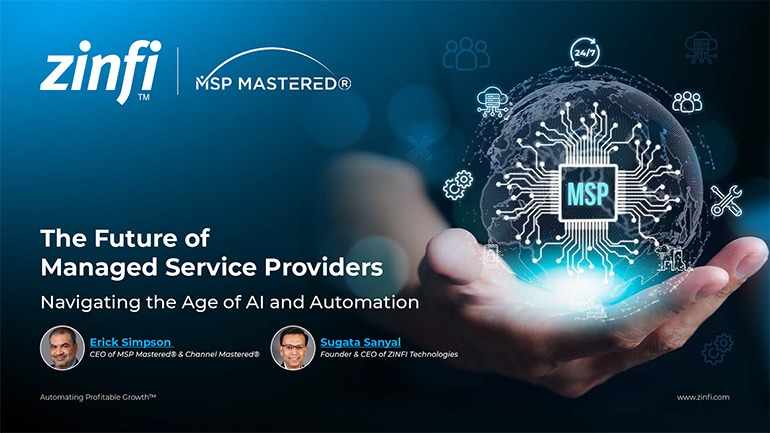 The Future of Managed Service Providers: Navigating the Age of AI and Automation
The Future of Managed Service Providers: Navigating the Age of AI and AutomationDownload for FREE
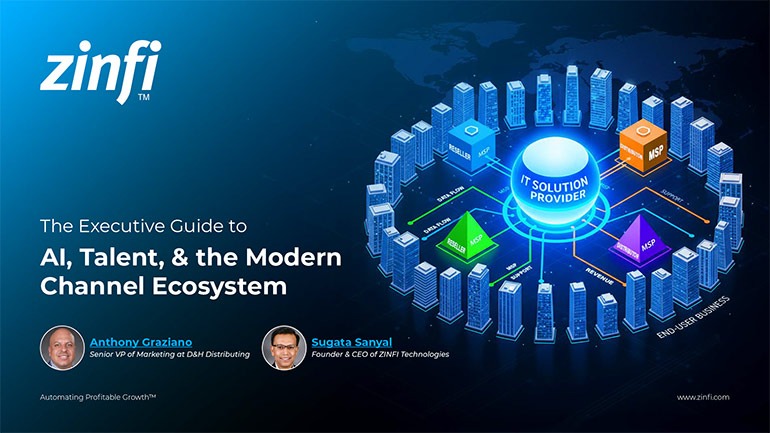 Modernizing Channel Marketing: AI and Ecosystem Enablement Best Practices
Modernizing Channel Marketing: AI and Ecosystem Enablement Best PracticesDownload for FREE
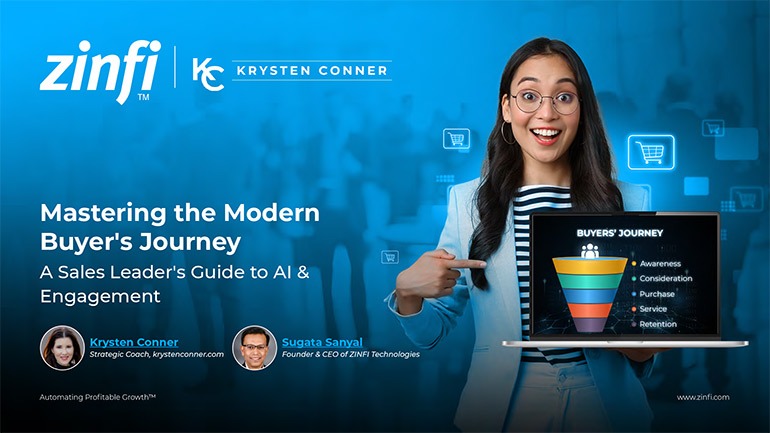 The Channel’s Shift to Partner-Led With AI Best Practices
The Channel’s Shift to Partner-Led With AI Best PracticesDownload for FREE
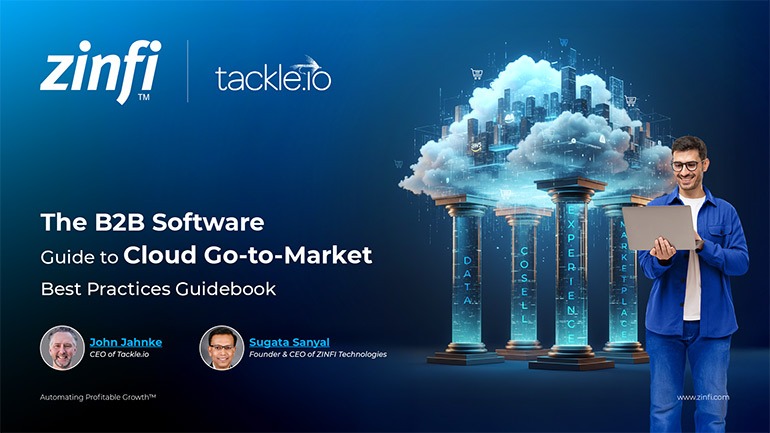 Hyperscalers, ISVs, and AI: Shaping the Future of B2B Software Distribution
Hyperscalers, ISVs, and AI: Shaping the Future of B2B Software DistributionDownload for FREE
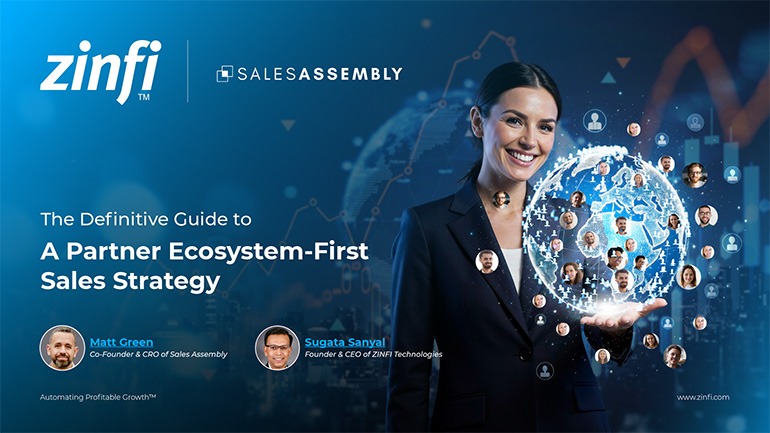 Definitive Guide to a Partner Ecosystem-First Sales Strategy
Definitive Guide to a Partner Ecosystem-First Sales StrategyDownload for FREE
 The Partner-Led Digital and AI Transformation Best Practices
The Partner-Led Digital and AI Transformation Best PracticesDownload for FREE
 Startup Talent Recruitment: Hiring Missionaries, Not Mercenaries
Startup Talent Recruitment: Hiring Missionaries, Not MercenariesDownload for FREE
 The Future of Partner Relationship Management with AI in Partnerships
The Future of Partner Relationship Management with AI in PartnershipsDownload for FREE
 Cybersecurity for the 99%: Strategies from the Frontline
Cybersecurity for the 99%: Strategies from the FrontlineDownload for FREE
 Mastering Partner Relationships: A Strategic Approach to Business Growth
Mastering Partner Relationships: A Strategic Approach to Business GrowthDownload for FREE
 Mastering Partner Relationship Management: Keys to SaaS Channel Success
Mastering Partner Relationship Management: Keys to SaaS Channel SuccessDownload for FREE